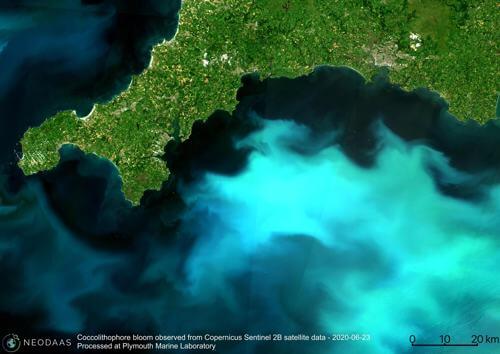Tackling Maths Anxiety

From November 2024 until the end of July 2025, we ran a pilot citizen science project focusing around engaging young people with water quality and the health of our streams and rivers!
In this project, we want to educate and empower young people to play a role in monitoring, better understanding and tackling freshwater pollution.
Citizen science can provide valuable insights into changes in water quality and ecosystem health. Alongside this, we hope to encourage young people to spend time in nature and foster a passion to protect it.
Check out our YouTube video chat with our collaborator Reg Godwin for more background on the project!
Why is river monitoring important?
Our health, and the health of the flora and fauna that live in and around streams and rivers are fundamentally connected.
Water pollution is a growing issue both globally and in England. 2023 was the worst year on record for storm water pollution, with storm overflows spilling into England’s rivers and seas for over 3.6 million hours.



Pollution can come from many sources including contaminated runoff (both agricultural and urban), poor domestic plumbing, and increased rainfall resulting in sewage systems being overwhelmed.
Nutrient pollution (particularly nitrates and phosphates) can reduce the oxygen carrying capacity of the water and speed up the growth of the certain plants (which is why we often see algal blooms in our river, and out at sea).
All types of pollution result in dramatic loss of biodiversity in our streams and rivers, and so tackling pollution at the source is a crucial step in helping ecosystems.
Water monitoring data can help us understand the health of our waterways, know if there’s a problem – and do something about it.

The project
School Freshwater Champions
This project was initiated by Reg Godwin, an Applications Specialist for Thermo Fisher Scientific with many years of experience in analytical chemistry working for the Environment Agency.
Reg reached out to us to help him expand his existing citizen science project, to engage more schools, bring in additional collaborators and create a school education package.
We’re really excited to have Greenpeace on board to support with the detailed analysis of the first set of samples, as well as collaboration with Dr Garry Codling at the University of Exeter and the Citizen Phage Library who we’ve worked with before!

The testing:
Our 8 primary schools in Devon and Cornwall are in close proximity to a stream or river, and are testing monthly from January-June 2025.
In June, we took samples that were delivered to Greenpeace Laboratories to do a full chemical analysis, and the Citizen Phage Library lab to hunt for potentially life saving viruses! We can’t wait to find out the results and feed them back to the schools.
Read more about the project on the Earthwatch website, and follow our social media and the Kingfishers Facebook page for regular updates.












Get involved and take action!
Find out more about your local river using the Rivers Trust sewage map.
Want to try out some water quality monitoring in your own area? You can sign up to take part in the next Great UK WaterBlitz or become a Westcountry CSI volunteer or join your local Riverfly ‘hub’ and become a Riverfly monitor.
Even if citizen science isn’t your thing, there are lots of ways to take action in your own life and collectively!
- At home:
- Conserve water e.g. collect rainwater for watering your garden and avoid using hosepipes (they use a bathtub of water every 5 minutes!).
- Reduce the amount of rainwater getting into the sewage system – grass, plants and trees all help to absorb water, whereas concrete and fake grass do not.
- Ensure that only pee, poo and toilet paper are going down the loo!
- Reduce the amount of oils, fats and grease going down the plughole as these can cause blockages in the sewer system.
- Return unused medication to the pharmacy rather than flushing them.
- Reduce your use of household chemicals – make a swap to non-toxic cleaners and avoid bleach. Hot water, bicarbonate of soda and cleaning vinegar can do wonders!
- Collectively:
- Join Surfers Against Sewage or a local water quality action group.
- Contact your local political representative.
- Report environmental incidents to the Environment Agency – if you spot something, don’t assume someone else has already reported it!
